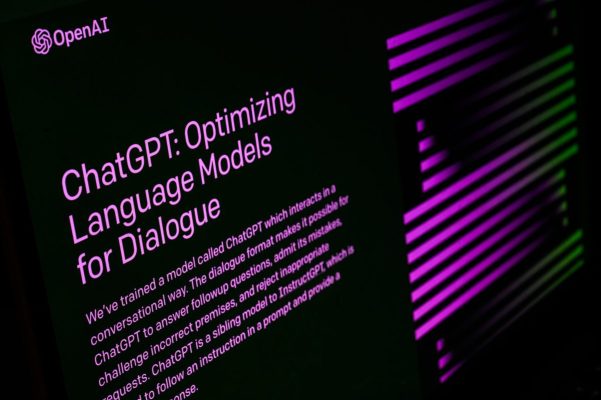NFT-Verified Song Origin Stories: A New Era of Musical Provenance

In recent years, the advent of blockchain technology has revolutionized numerous industries, from finance to real estate. Among the burgeoning use cases, the music industry stands out for its innovative adaptation of Non-Fungible Tokens (NFTs) to verify song origin stories. NFTs, unique cryptographic assets on blockchain, are now being leveraged to provide verifiable, immutable proof of a song’s creation, ownership, and history.
The music industry has long grappled with issues of provenance and ownership. Artists often face challenges in proving their connection to a piece of music, which can lead to disputes over copyrights and royalties. Traditional methods of documenting song provenance are often inadequate, susceptible to human error, and lack transparency. NFTs, however, offer a robust solution, ensuring that all relevant details about a song are securely and transparently recorded.
One of the key features of NFTs is their ability to store metadata. For songs, this metadata can include information about the song’s creation date, the artist, collaborators, and even the studio where it was recorded. Once this data is recorded on a blockchain, it becomes immutable, providing a permanent and verifiable record of the song’s origin. This not only aids in resolving disputes but also offers a fascinating narrative about the song’s history, enriching the listener’s experience.
Globally, several artists and platforms have begun to explore this innovative use of NFTs. In 2021, the rock band Kings of Leon made headlines when they released an album as an NFT, which included exclusive artwork and concert perks. This move demonstrated the potential of NFTs to transform not just how songs are verified but also how they are distributed and monetized. Similarly, platforms like Opulous and Royal are developing systems to allow artists to tokenize their music rights, ensuring that all transactions related to a piece of music are transparent and traceable.
While the technology offers promising benefits, it is not without challenges. The environmental impact of blockchain, given its high energy consumption, has been a point of contention. Artists and platforms are increasingly exploring more sustainable blockchain solutions, such as proof-of-stake networks, to mitigate these concerns.
Moreover, the legal landscape surrounding NFTs and intellectual property rights is still evolving. As more artists adopt NFTs for verifying song origins, regulatory frameworks will need to adapt to address issues such as jurisdiction, copyright infringement, and consumer protection.
Despite these challenges, the potential of NFTs to establish a new standard for song provenance is undeniable. By offering a transparent, immutable record of a song’s history, NFTs can help artists protect their intellectual property, enhance their creative narratives, and engage with their audience in unprecedented ways. As the technology matures, it is likely to become an integral part of the music industry’s infrastructure, heralding a new era of musical provenance and authenticity.
In conclusion, NFT-verified song origin stories represent a significant advancement in the music industry, promising to redefine how artists and audiences perceive and interact with music. As the adoption of blockchain technology continues to grow, it will be crucial for stakeholders to address the accompanying challenges while harnessing the transformative potential of NFTs.














